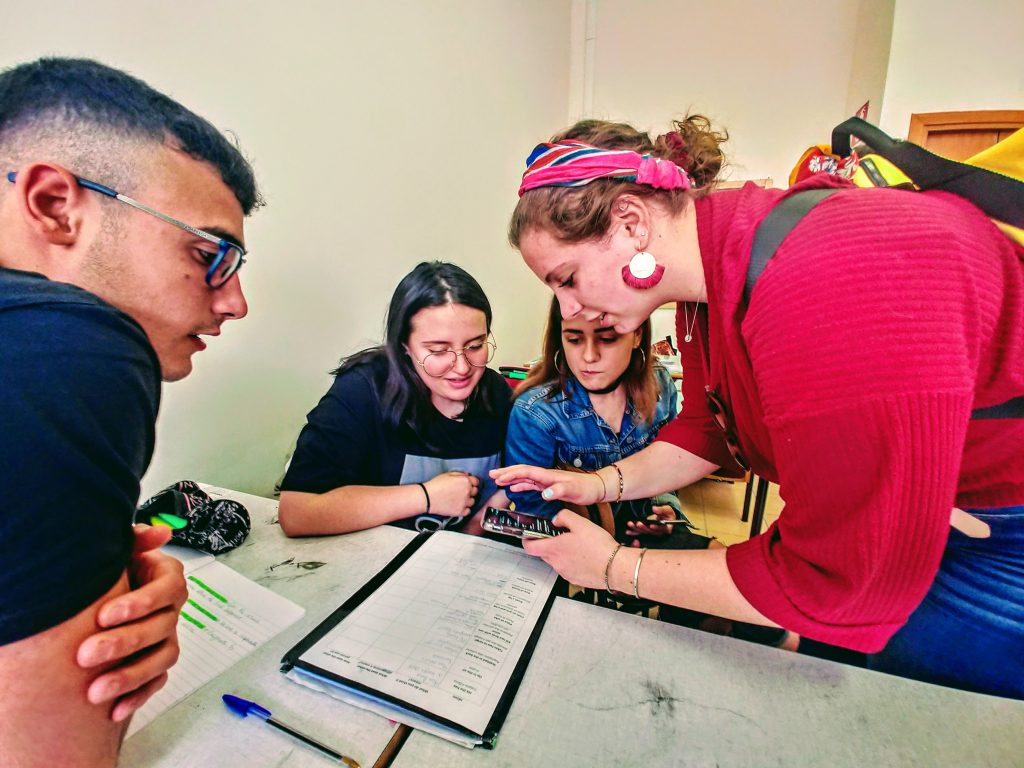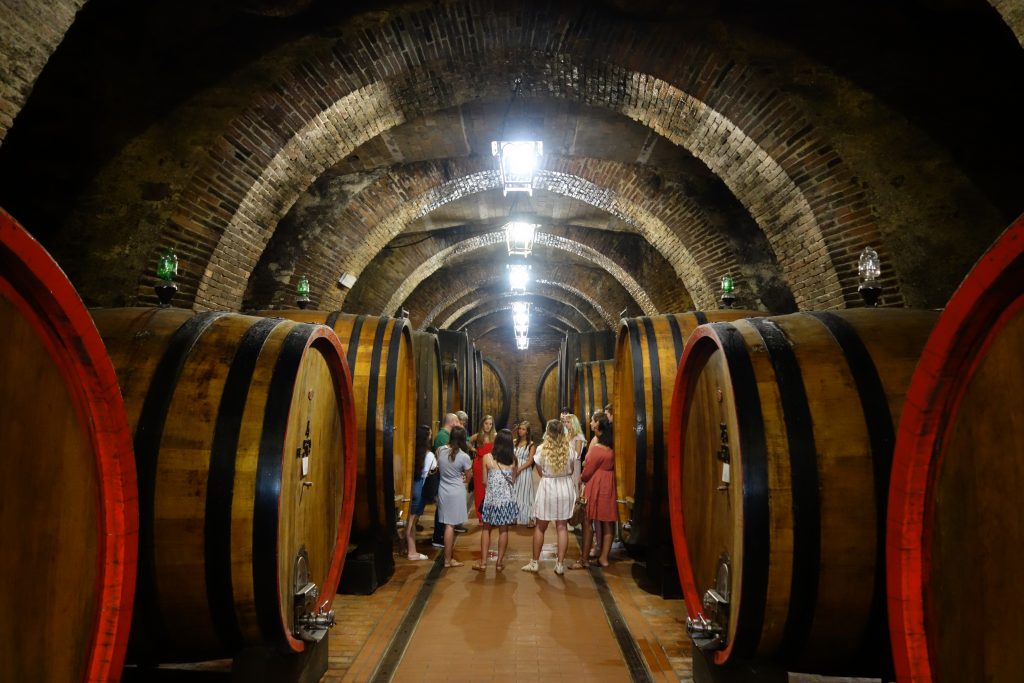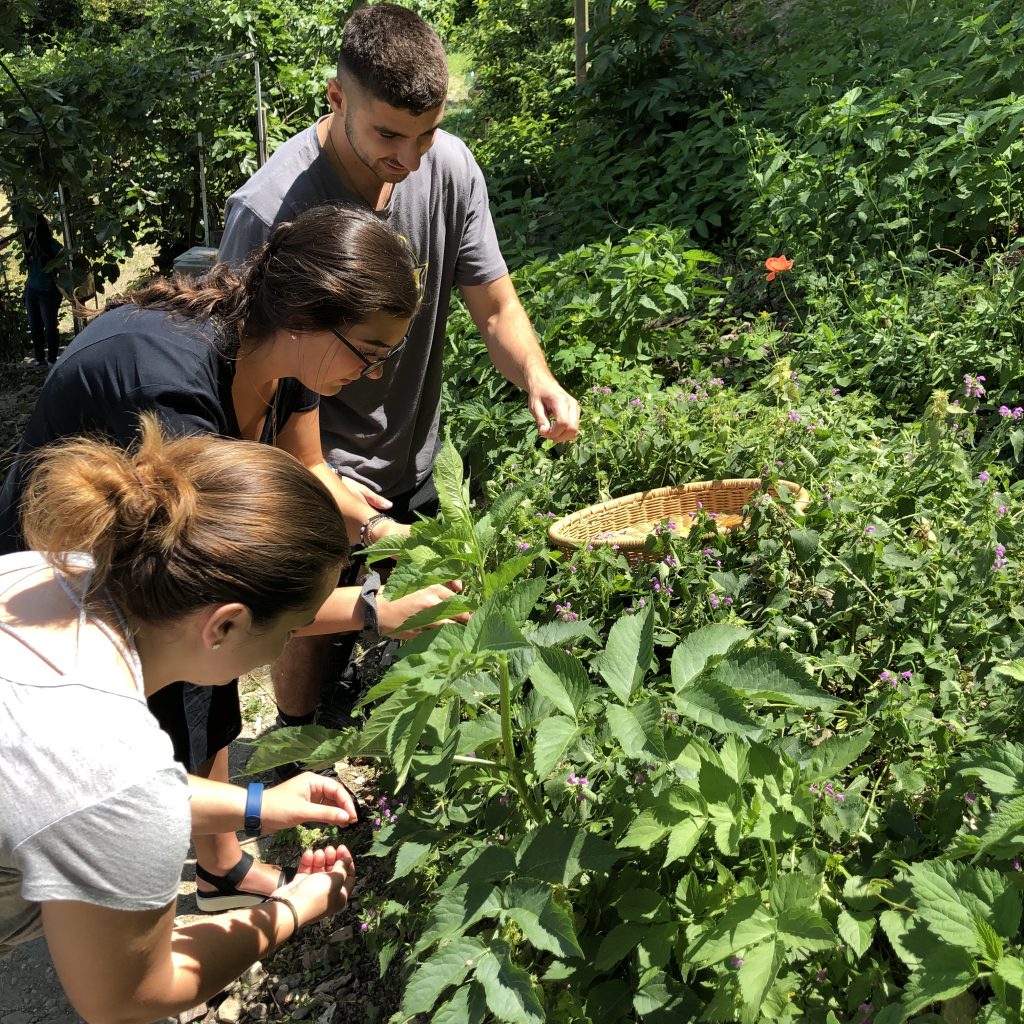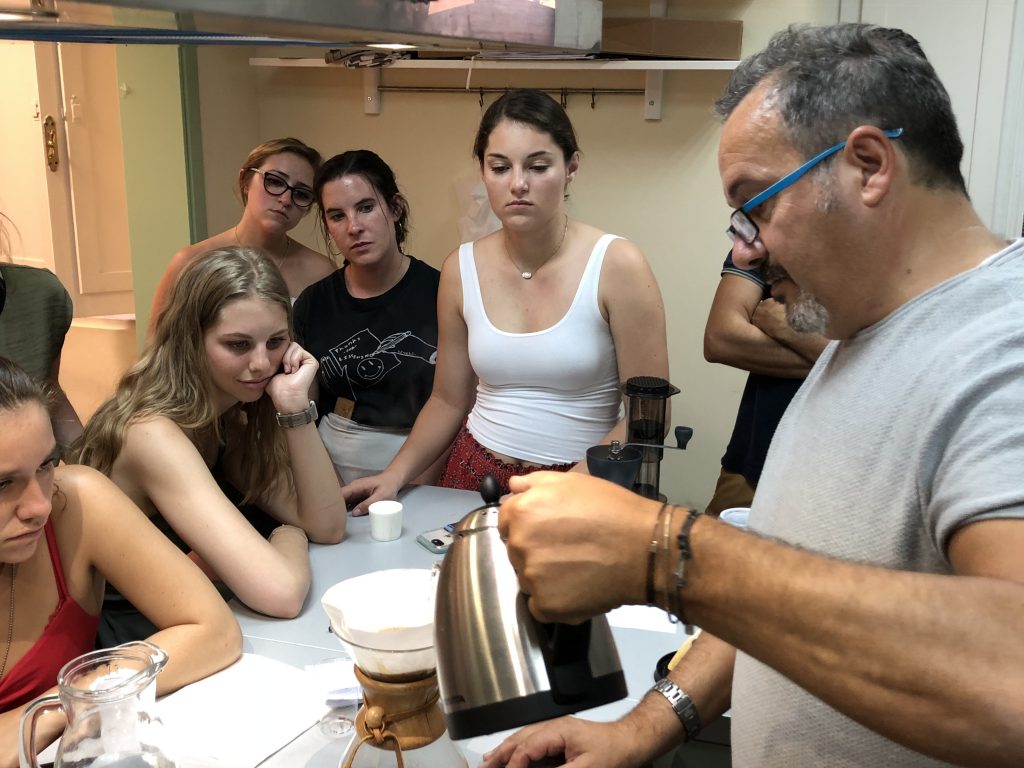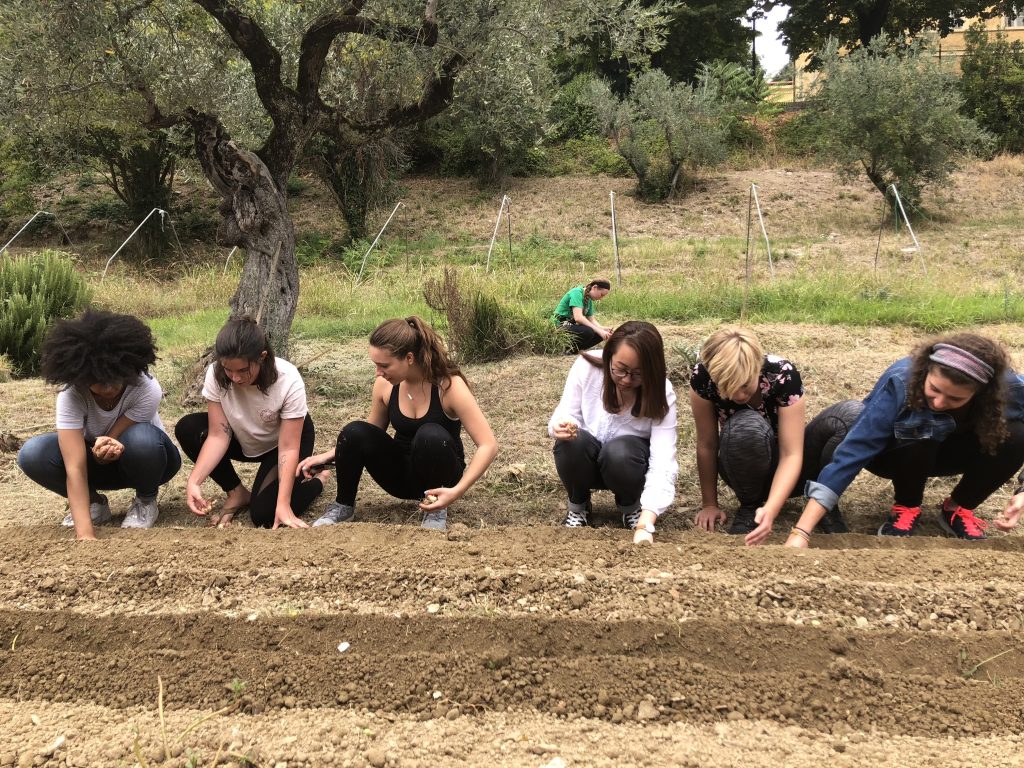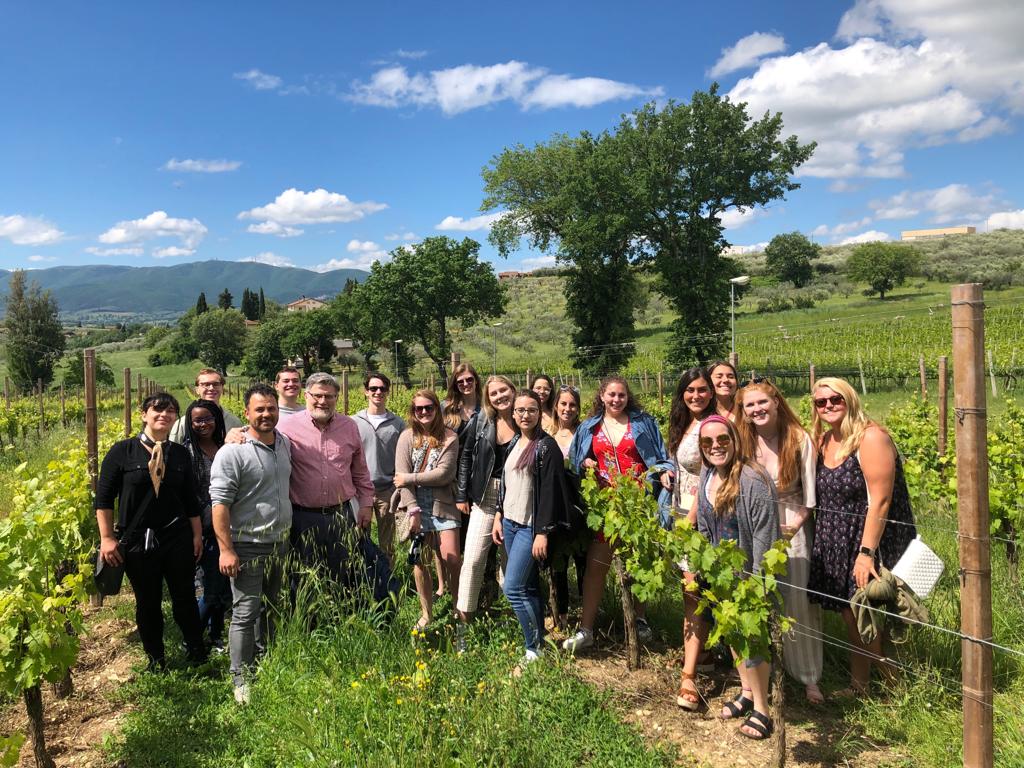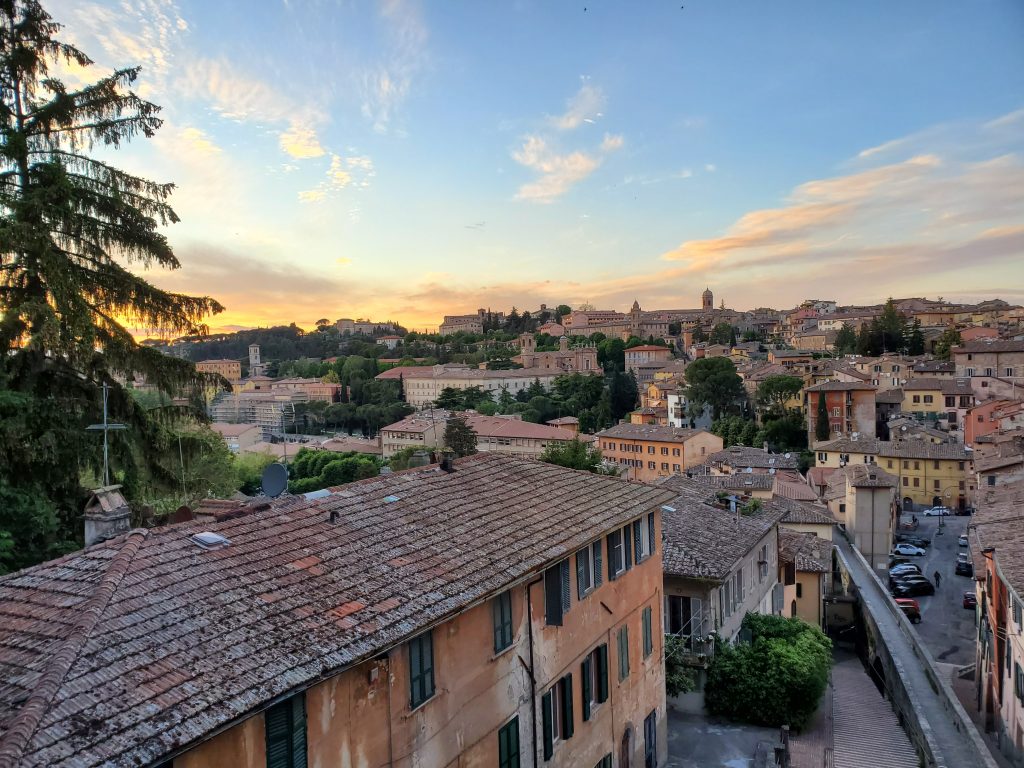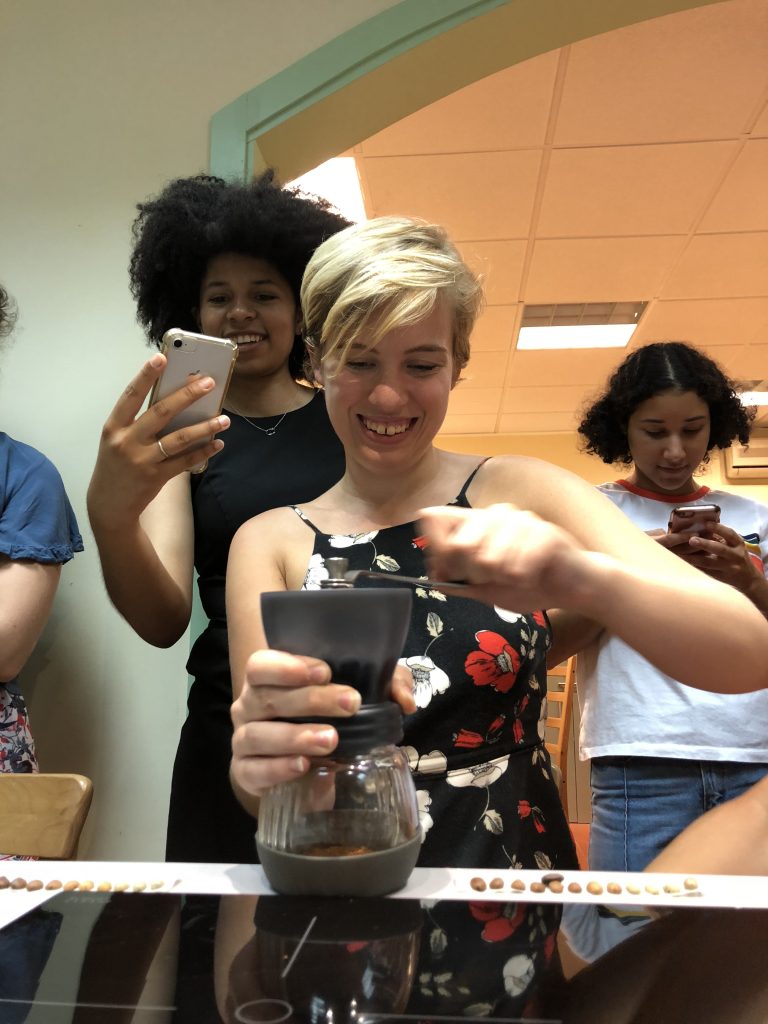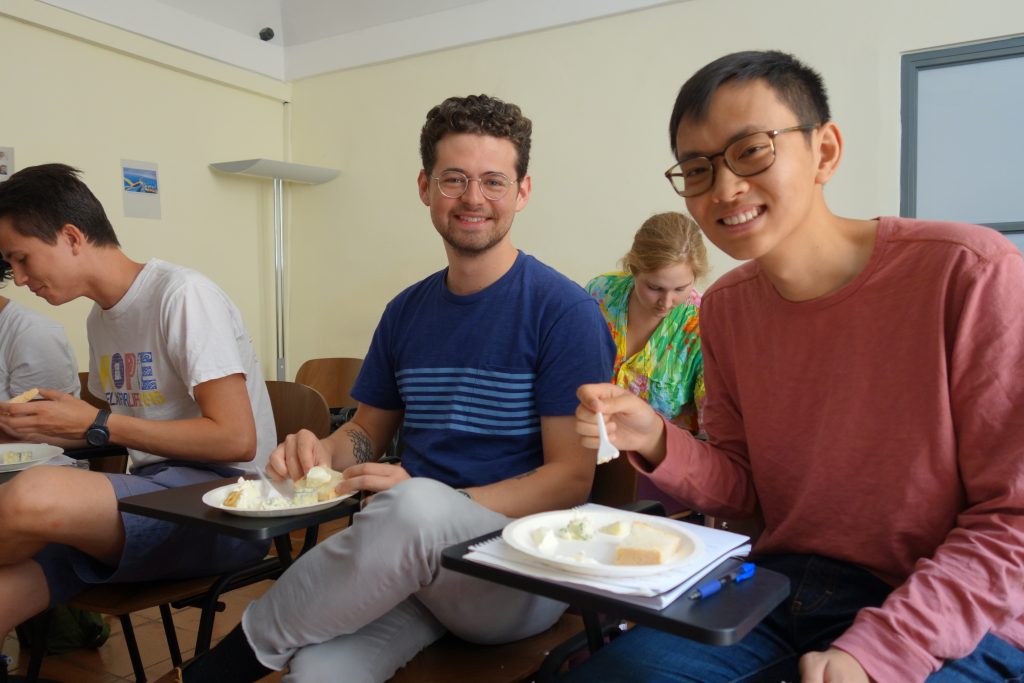About the Fall 2020 Program
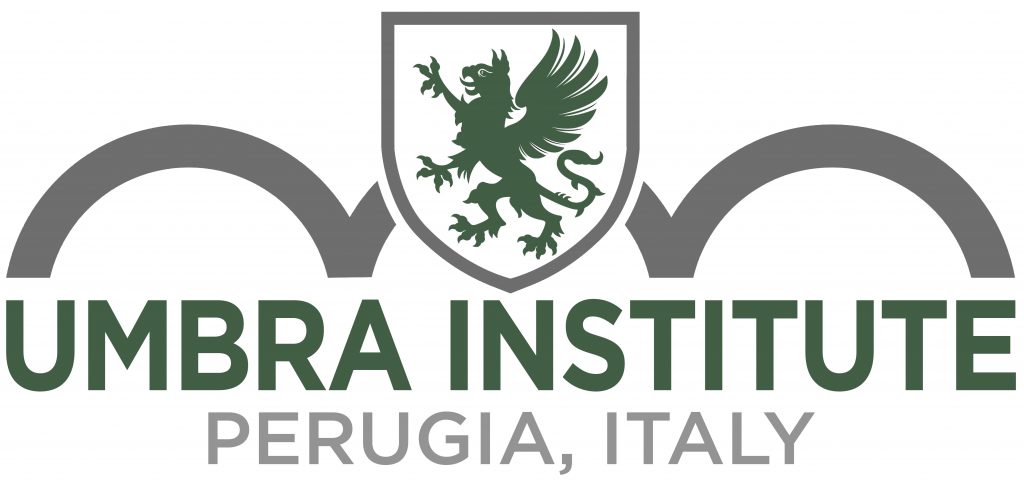
This special 7-week program is offered by the Umbra Institute in Perugia, Italy in cooperation with Wellesley College and runs during the fall quarter from November 1st – December 22nd. The curriculum includes two courses – sustainable food production and food cultures of Italy – which are integrated through a series of food practica and co-curricular field trips.
Students will debate appropriate measures of “sustainability”; learn about the echoes of Italy’s peasant past in its contemporary cuisine; assess the impact of immigrants and changing gender roles on Italy’s food systems. At the same time, outside of the classroom, they will taste pizza while considering the biochemistry of yeast and the thermal geography of a pizza oven; hunt for truffles before considering climate change’s impact on the Italian agricultural economy; and learn about how Tuscany’s landscape of olives and grapes is anything but historical, and far less sustainable than it used to be.
Program Highlights
.
Food & Sustainability Studies Program Director
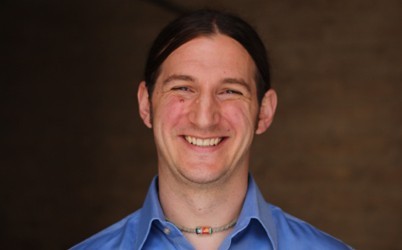
Zach Nowak, Ph.D.
[email protected]
Admissions Specialist
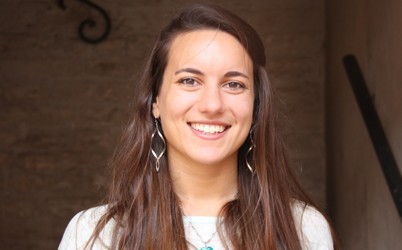
Ashley Ipakchi
[email protected]
Learn more about your host Institution and community!
Perugia: Italy’s UniverCity
Student Life
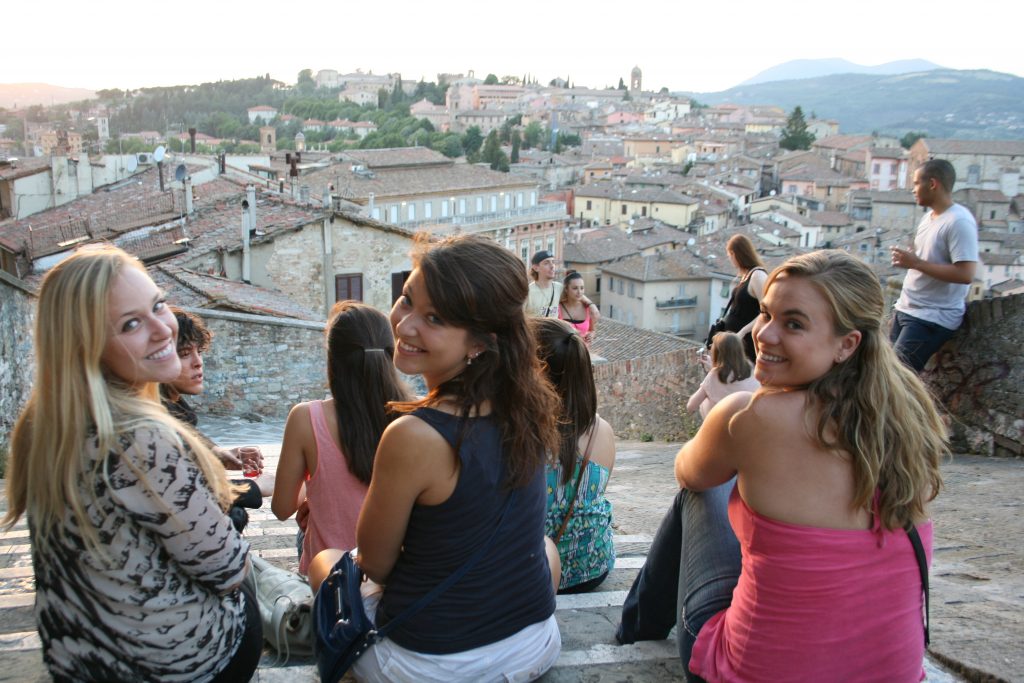
Nicknamed the “University City,” Perugia boasts a thriving international student scene. Each year, thousands of Italian and international students flock to the city to attend the local universities. Every night, students gather on the steps of the piazza to eat, drink, and make merry. Part of living in Perugia is about being swept up in the city’s boisterous energy every time you step outside.
In other Italian cities, you are a tourist. A visitor. An outsider. In Perugia, you become one of the locals. The city is both your classroom and your playground, offering a one-of-a-kind study abroad experience. Its central location halfway between Rome and Florence make Perugia the ideal destination to explore Italy.
Students will be housed in shared low-density apartments in Perugia’s historic center and take classes in both the centuries-old palazzo and in the Orto Sole community garden, the Institute’s partner.
Courses Offered
Courses are taught entirely in English and both are pre-approved by the Wellesley Environmental Studies Department to count for major credit and facilitate transfer. Program participants are required to take both of the courses below and are encouraged to view their descriptions for more details about co-curricular activities that will help them explore the many intricacies of Italian food culture.
ENV/FSST 330: Sustainable Food Production in Italy: Local Traditions and Global Transformations
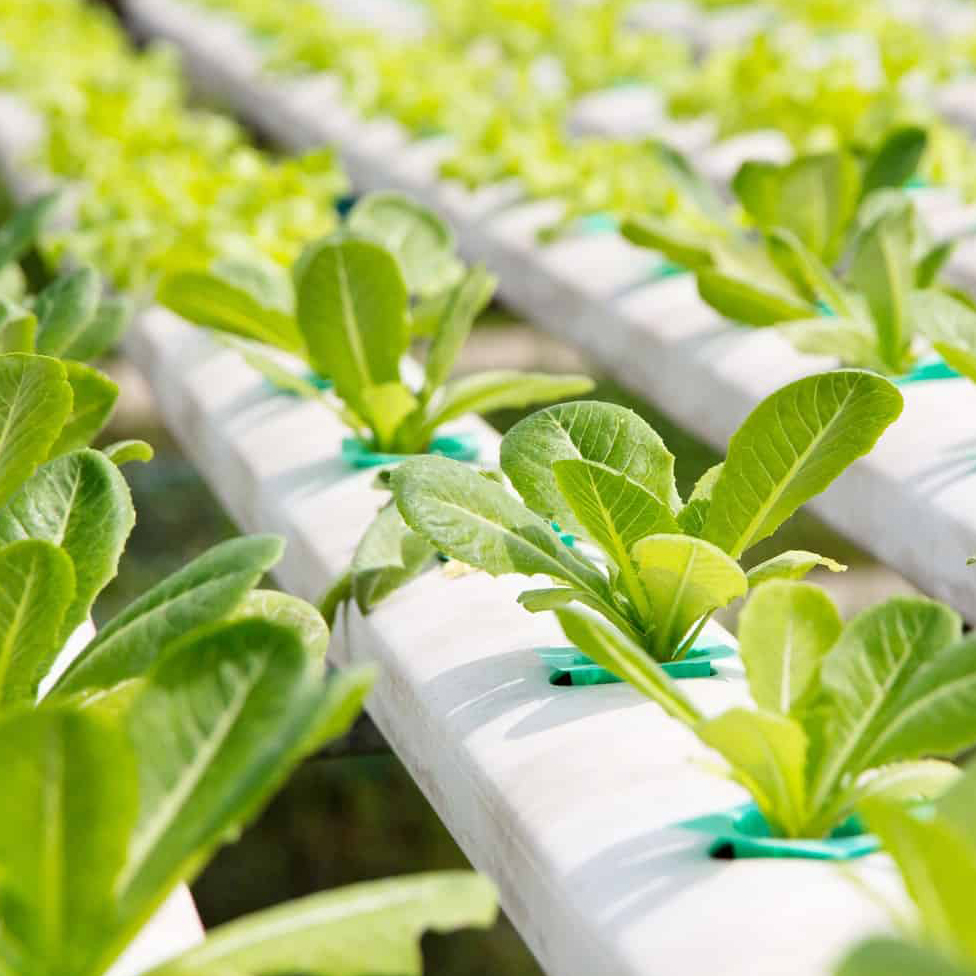
There are more than six billion humans on the planet, each of whom need to eat every day: ever-higher food production is contributing to faster use of non-renewable fossil fuels and environmental degradation. What modes of food production and consumption may be viable, sustainable responses to this problem? What are some alternative models of food production? How are people responding to increasing inequalities relating to food availability? What can we learn from Italian food cultures in terms of sustainability?
This course focuses on the radical increase in food production over the last 70 years and the ecological and social problems it has created, as well as on some possible solutions: the organic movement, Slow Food, and the shift towards local food. We will cast a critical eye on these movements and analysis of their ability to change the trajectory of the global food production system, which is rapidly heading for collapse.
HIST/FSST 350: The History and Culture of Food in Italy
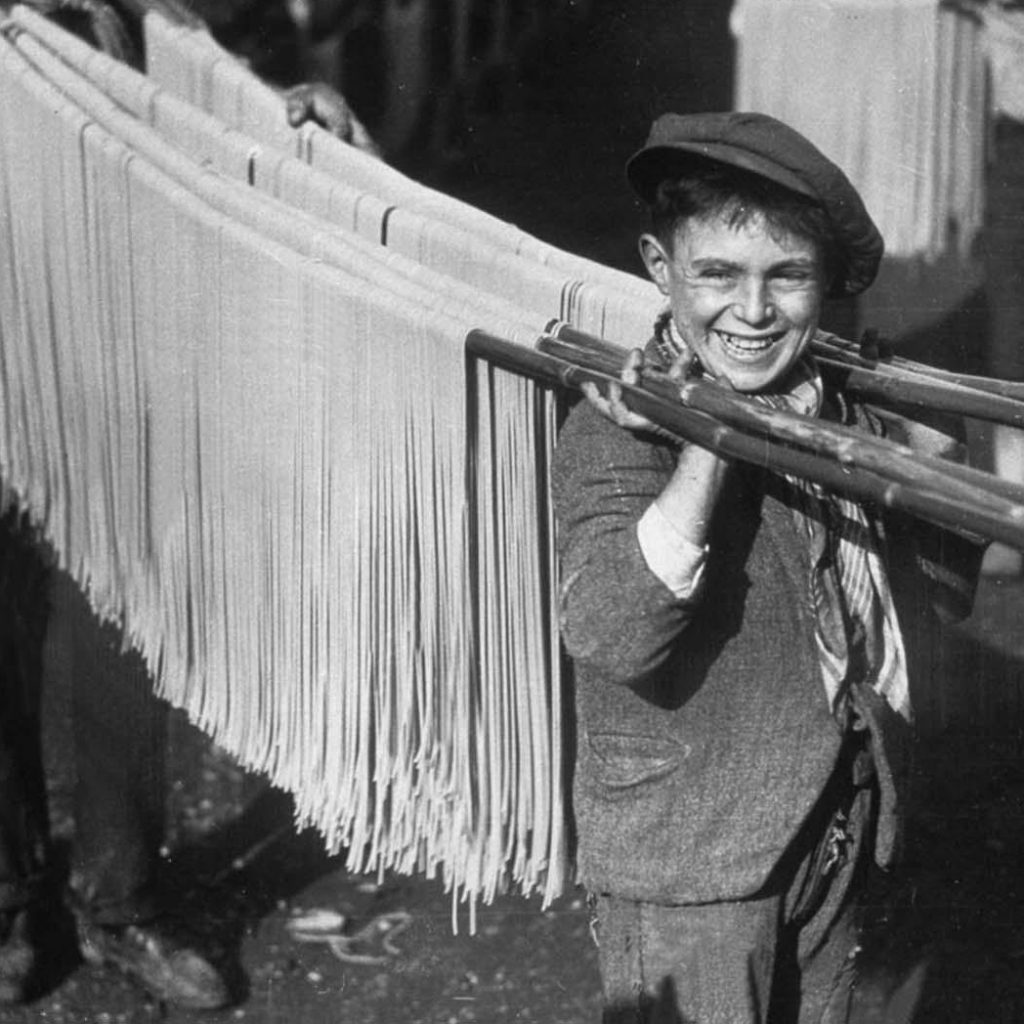
What can food history teach us about contemporary culture? In this course, we will explore the history of food in Italy as a gateway to understanding present Italian culture. By examining the factors that have shaped Italian food, cuisine, and taste, the variations in eating habits of different socio-economic classes, and the essential role played by food in constructing Italian identities, we will shed light on fundamental patterns in Italian history and society.
This exploration will lead us to consider processes of social and cultural exchange, political and religious influence, and economic and scientific development. Through a mix of discussions, readings, primary source analyses, workshops, projects, and field trips we will investigate Italian food and culture from Antiquity to the present. After the completion of this course, students will have acquired a specific set of historical skills as a result of having developed a critical understanding of food history, an interdisciplinary approach to the study of Italian culture and society, and a framework for analyzing Italian history.
This course very intentionally engages with Italian food in the present. Topics include nation and gender, the foodways of recent immigrants to Italy, alternative food systems and food justice in Italy, and climate change’s effect on Italian cuisine.
Program Calendar
| Depart the U.S. | November 1 |
| Arrive in Italy | November 2 |
| Courses Begin | November 4 |
| Last Day of Class | December 18 |
| Departure from Perugia | December 22 |
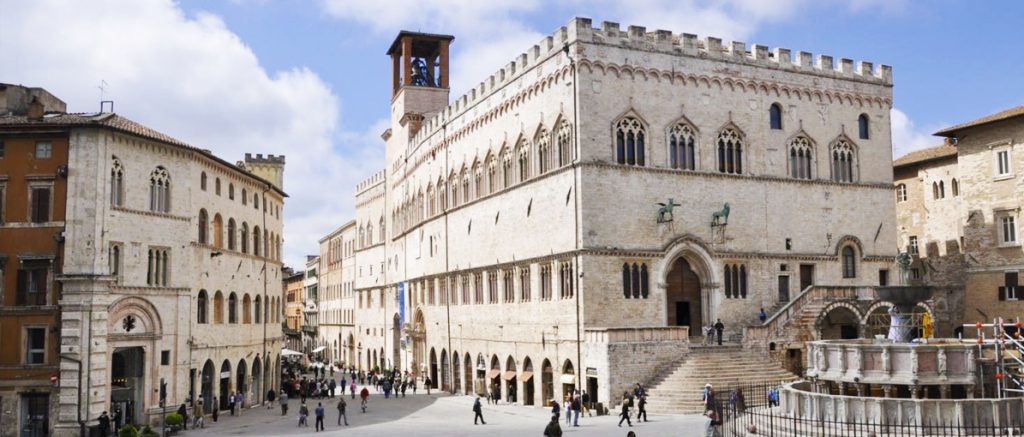
What’s Included:
Airport pickup and return from Rome (FCO) in private coach; orientation program with a welcome dinner; low-density shared apartment housing with wifi; student services assistance; 24-hour emergency phone service; access to Institute facilities, library and academic resources.
Course excursions and activities will include:
● service learning and volunteer project with the community garden “Orto Sole”;
● truffle hunting and climate change discussion at Ca’ Solare with Matteo Bartolini;
● Tuscan historical landscape hike with sustainable butcher lunch (Dario Cecchini);
● a series of four food workshops with a focus on dynamic foodways for a warmer future.


